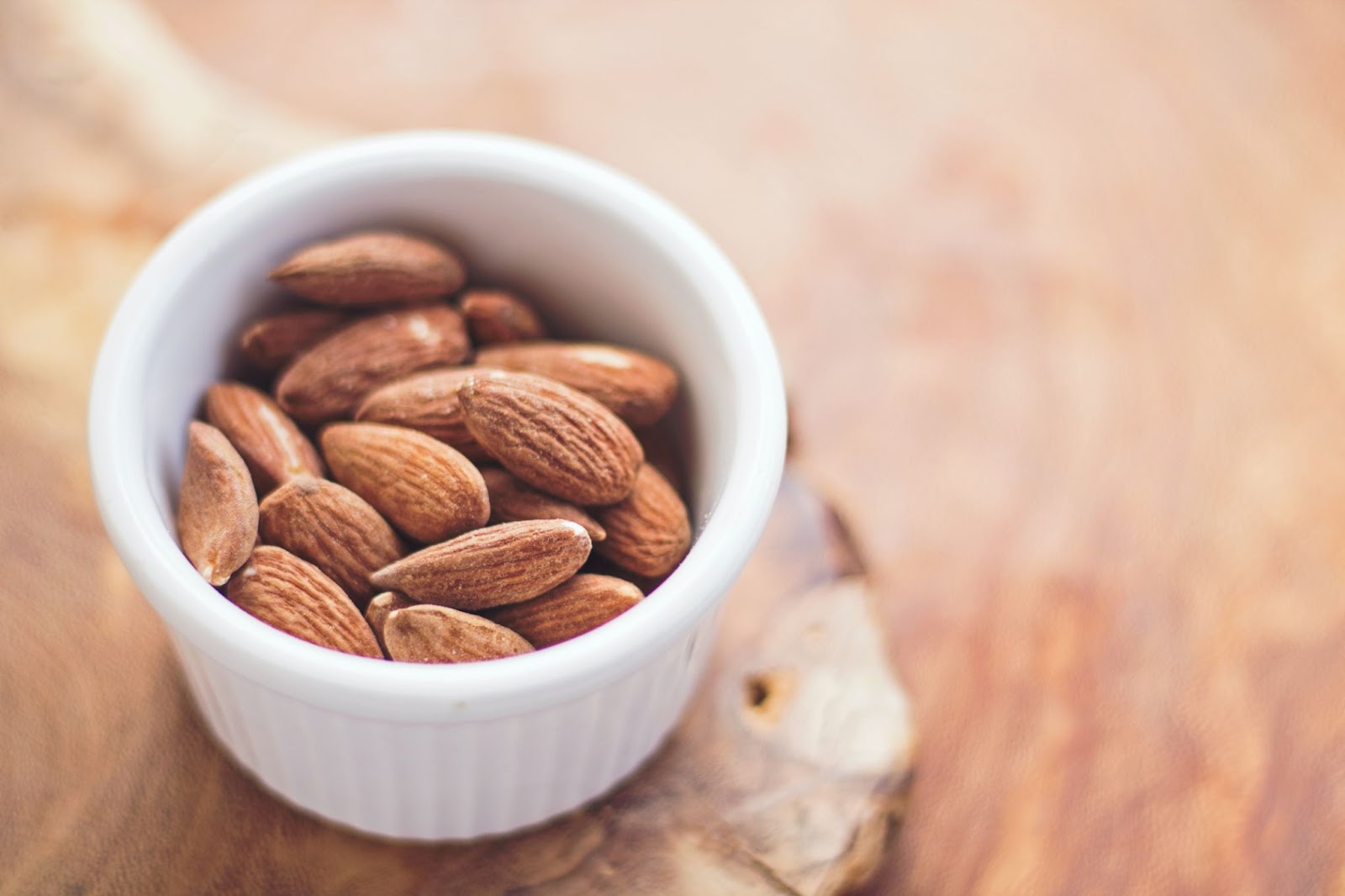As a co-founder of Power8, I've observed a significant, yet often overlooked, area that affects the health and wellness of employees: the corporate canteen. It's a truth universally acknowledged that good nutrition is a cornerstone of good health.
Still, what happens when your work, an environment where many of us spend the majority of our time, doesn't support this critical aspect of wellness? That's where Power8’s Corporate Kitchen Makeover comes into play.
Ensuring a Healthy Foundation
Embarking on the journey of creating a healthier corporate kitchen, we commence with an in-depth, meticulous audit. This process isn't just a cursory glance over the pantry or a review of the vending machines. It's an extensive inspection that aligns with Schedule 4 of the FSSA, 2006, aiming to certify that the food served to your diligent employees is wholesome, safely prepared, and hygienically stored.
We do not take this responsibility lightly; we're fully aware of the trust you put in us. This process ensures we are meeting the required health and safety regulations, but more importantly, it is about acknowledging and addressing the crucial role nutrition plays in overall wellness, productivity, and mental agility in the workplace.
"Creating a productive and healthy workforce demands a systemic and sustained approach. It starts in the kitchen."
Setting the Path
Having established a solid foundation through the audit, the next stage in the Kitchen Makeover involves a two-day on-site visit by our dedicated team of experts. These specialists bring a wealth of experience in assessing kitchen layouts, raw material storage areas, food handling and preparation techniques, hygiene, and sanitation practices, and food transportation. Their knowledge and expertise in food safety standards and protocols are pivotal in this phase of the makeover.
Their role isn't limited to merely identifying areas of concern but extends to providing immediate actionable solutions to improve these aspects. By the end of this phase, we ensure the canteen, a vital place in the company, is a hub for wellness and positivity, while still complying with FSSAI guidelines and SOPs.
Investing in Skills
To sustain the changes implemented, we organize a two-day training workshop for food handlers and kitchen staff. We focus on imparting knowledge about the best hygiene and sanitation practices, assessing the quality of raw materials, and preventing food spoilage. Training also involves teaching ways to avoid cross-contamination - a major issue in large kitchens - and how to follow FSSAI guidelines and SOPs.
This training isn't a mere seminar or lecture but a hands-on, practical session. We believe that true learning comes from doing, and so, our training workshops are interactive and engaging, designed to instill best practices and provide a deeper understanding of why they are necessary.
Healthy Menu Planning
With hygiene and safety standards well implemented, the next phase involves the actual food being served - we start the process of healthy menu planning. We collaborate with your chefs, taking into consideration the current menu, the preferences of the employees, and the kitchen capabilities. Our aim is to subtly reduce daily calorie intake, without compromising on the taste or satisfaction of the meals.
We've learned that the secret to a successful health-focused menu is in striking a balance. It’s not about eliminating favorite foods or making drastic changes; it’s about small, sustainable shifts toward healthier choices. For instance, introducing whole grains in place of refined ones, increasing the portion of fresh fruits and vegetables, or using healthier cooking methods.
"The food you eat can be either the safest and most powerful form of medicine or the slowest form of poison." - Ann Wigmore
Weight Loss Challenge
To motivate employees to embrace these healthier food options, we facilitate a 5-week weight loss challenge, tracked through our app - PlanMyFood. This isn't just a competition to lose weight, but a holistic challenge that encourages employees to make smarter, healthier food choices, despite the busyness of their work schedules. This interactive challenge also brings an element of fun and engagement to the workplace, fostering a sense of community and shared goals.
Encouragement and motivation are critical when making lifestyle changes, and our weight loss challenge provides this in spades. Weekly check-ins, healthy recipes, progress tracking, and support from fellow participants make this a positive and motivating experience. The aim is to inspire long-term changes, transforming not just the corporate kitchen but the health and wellness attitudes of the employees.
Re-adjusting Daily Calorie Intake
.png)
Adjusting the daily calorie intake in the kitchen menu is the final touch in our Corporate Kitchen Makeover. The objective here is not just weight loss, but optimal health and vitality. By taking into account factors such as portion sizes, food groups, and timing of meals, we strategically redesign the menu to ensure that it's well-rounded and balanced.
This is where our expertise truly shines. Our knowledge of nutritional science allows us to develop menus that cater to diverse dietary needs and preferences. For instance, if your team contains a mix of vegetarians, vegans, and meat-eaters, we can design a menu that everyone will enjoy. In this phase, we also consider factors like dietary restrictions, food allergies, and specific nutritional requirements of your workforce.
Closing Thoughts
The Power8 Corporate Kitchen Makeover is more than a revamp of your canteen; it's an investment in the health, productivity, and well-being of your employees. By optimizing the heart of your workplace – the kitchen – we create an environment that not only feeds the stomachs but also nourishes the health and well-being of your workforce.
With improved diet and nutrition, you'll notice a boost in morale, productivity, and overall workplace satisfaction, proving that when you invest in your employees' health, the returns are manifold. Remember, a healthier workplace is a happier workplace!






.png)

.jpg)


.jpg)








